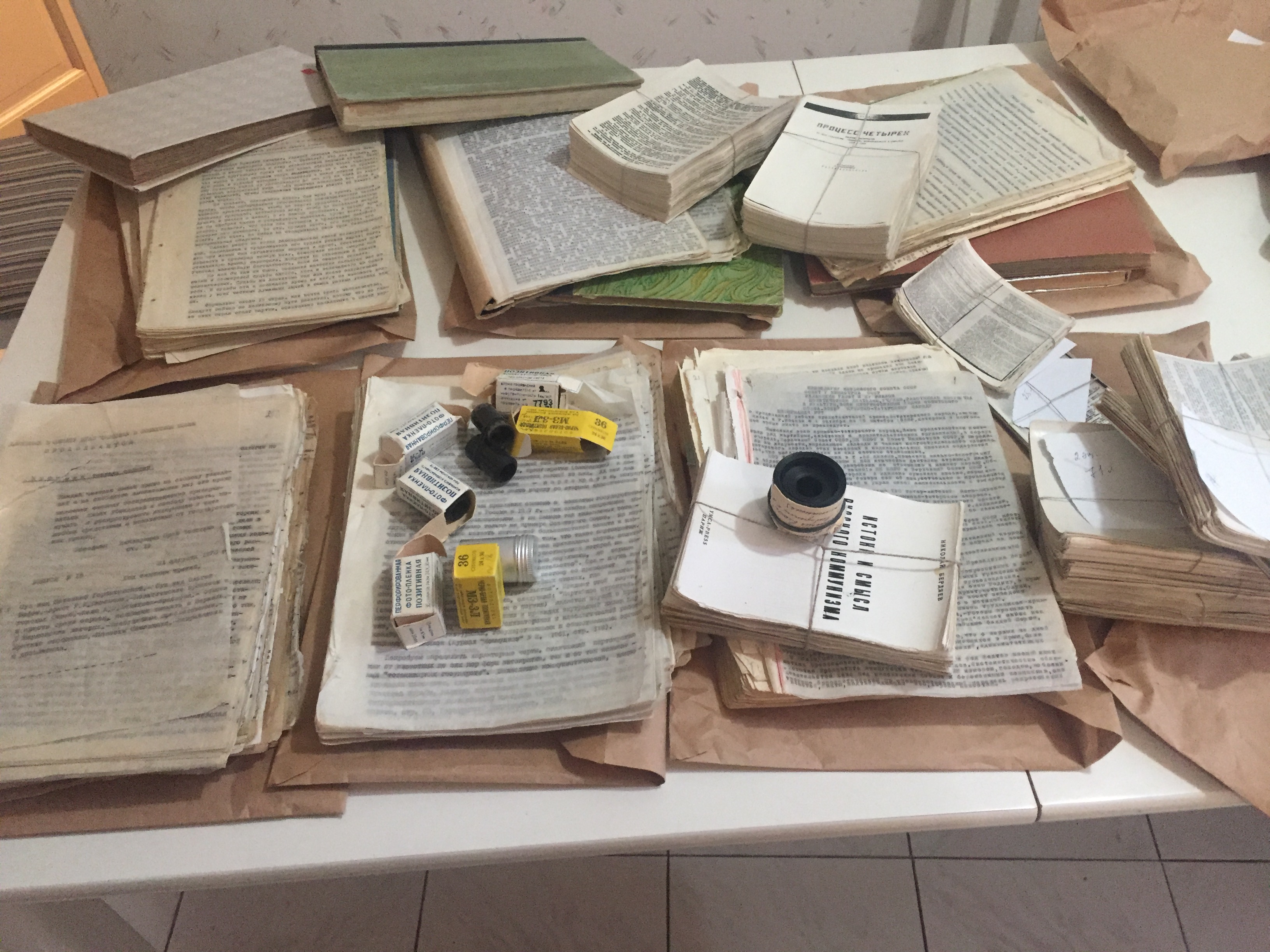
Rod Dreher in his new book Live Not By Lies writes of those Christians under communism whose lives helped to inspire others to maintain their faith in the midst of extreme adversity. In Slovakia and other areas, dissidents were forced to publish their views, opinions, and cultural works via Samizdat, that is, secret literature printed on black underground printing presses. Samizdat was an invaluable source of truth, and inspiration as well as a source of survival. In it dissidents found a way to retain their national and religious identity in the face of militant atheism and deliberate undermining of history and cultural memory.
I wonder, though we live in a time where access to information is unprecedented, if we need a new kind of Samizdat. If classical Western culture is being undermined, do we need a body of literature, art and philosophy that reminds us of who we are? Are there films, biographies, novels, paintings, cultural artifacts (and of course practices) that the we all desperately need for a coming dark age? If so, what might our new Samizdat contain?
I’ve thought a lot about this, and have no answer.
Part of this is the definition of samizdat: “the clandestine copying and distribution of literature banned by the state, especially formerly in the communist countries of eastern Europe.”
The thing is, we are not in a place where the government is banning these things… (outside of a few recent articles I’ve seen about the removal of many classic works of western literature from school and university curricula (not banned, but now ignored as irrelevant by the schools), such as Huckleberry Finn and To Kill a Mockingbird.
Are our fellow people becoming more indifferent? Is the re-focusing of attention onto the newer concerns which drive the elimination of certain work from curricula causing a new generation to learn to not care about some older works, because they are by certain people from a certain geography with a certain color of skin, and branded with taint for their origin?
Clearly, this mindset prefers to throw away wholesale anything that bears taint, has not been informed by St. Basil’s parable of the honeybee:
“Let our use of books and learning in every case mirror the ‘icon’ of the honeybee. For such does not visit every flower in the same manner, neither does the honeybee attempt to fly off bearing the burden of the entire flower. Rather, once it derives that which is needful from the flower, it leaves the rest behind and takes flight.
“So, too, if we are wise, once we derive from learning what resonates with truth, we too shall leave the rest behind and take flight. For is it not so that when we take a rose we avoid the thorns? So, too, let us approach diverse writings, harvesting the fruits that they offer for our objectives, while protecting ourselves from the damaging elements that may lie within them. In all our studies, let us take with us and take within us only what builds us up, and what leads us in the fulfillment of our mission…” (in RAISING LAZARUS edited by Stephen Muse, p 232-233)
The next problem re: building a samizdat-like construct is this: If the tech companies are on board in rejection of the ‘tainted’ things, is the current form of printing press (digital publication and distribution) lost? If ‘big tech’ is able to read what is sent or made available for download on/through their servers and expurgate it, how do we build samizdat? Do we need to go buy antique Hermes typewrites and ribbons of ink?
I ask more questions and answer none, alas.
Looking at it metaphorically, what are those things (in literature, art and film) that we have voluntarily put aside that we need for the continuation of Christian culture? By that I mean collective and faithful praxis of our faith that forms us and generates us as a people…
I think of it kind of metaphorically, almost like we have voluntarily given up a body of literature, film and art for the sake of our own ‘dung hill.’ What are those things that contribute to the continuation of Christian culture (by that I mean collective, faithful praxis) that we have put aside…